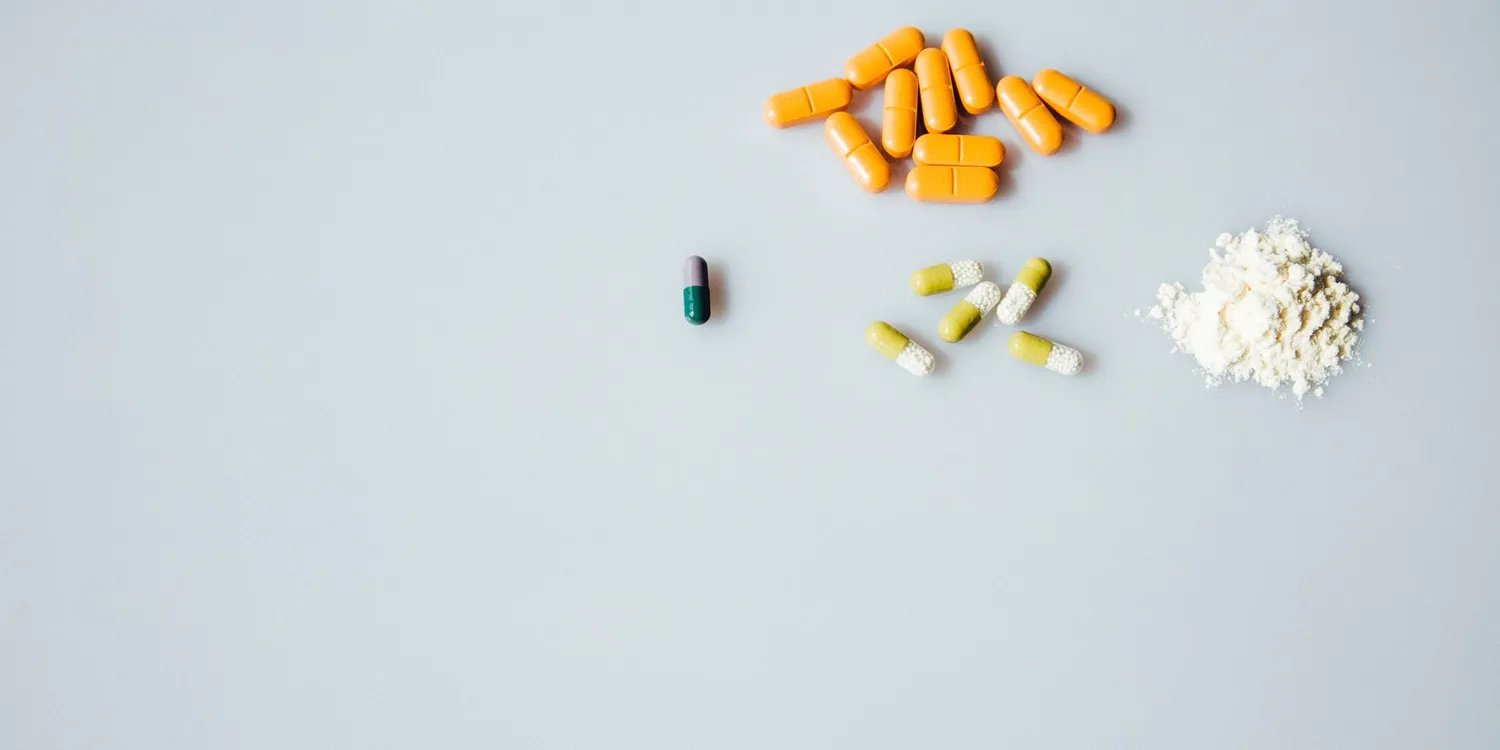11 Oct 2023
How to Combat Post-Acute Withdrawal Syndrome During Detox
Detoxifying your body from drugs or alcohol can be a challenging and often necessary step towards recovery. However, many individuals face a persistent hurdle even after the initial withdrawal symptoms subside – post-acute withdrawal syndrome (PAWS). In this blog, we will explore what PAWS is, its symptoms, and most importantly, how to combat it safely during detox.
What is Post-Acute Withdrawal Syndrome?
Post-Acute Withdrawal Syndrome, often referred to as PAWS, is a collection of protracted withdrawal symptoms that occur after the acute withdrawal phase. While acute withdrawal symptoms are typically intense but short-lived, PAWS can persist for weeks, months, or even years, making the early stages of recovery especially challenging.
PAWS can affect individuals withdrawing from various substances, including alcohol, opioids, benzodiazepines, and more. It's essential to recognise and manage PAWS effectively to reduce the risk of relapse and ensure a successful recovery journey.
What are the Symptoms of Post-Acute Withdrawal Syndrome?
Understanding the symptoms of PAWS is crucial for identifying it early and seeking appropriate support. Here are some common symptoms:
1. Mood Swings: Individuals may experience severe mood swings, including irritability, anxiety, and depression. These emotional fluctuations can be challenging to cope with but can be managed with proper strategies.
2. Cravings: Persistent cravings for the substance of abuse can be a significant hurdle during recovery. Learning to manage and overcome these cravings is essential for maintaining sobriety.
3. Sleep Disturbances: PAWS can disrupt sleep patterns, leading to insomnia or excessive sleepiness. Establishing a healthy sleep routine is vital for recovery.
4. Cognitive Impairments: Problems with concentration, memory, and decision-making can persist during PAWS, making it essential to develop strategies for managing cognitive difficulties.
5. Physical Symptoms: Some individuals may experience physical symptoms such as fatigue, nausea, and headache during PAWS. These symptoms can vary in intensity and duration.
It's important to note that the severity and duration of PAWS symptoms can vary from person to person. Seeking professional guidance and support is crucial for effectively managing these symptoms.
For more information on PAWS symptoms from the National Institute on Drug Abuse.
How to Detox Safely to Avoid Post-Acute Withdrawal Syndrome
Preventing or mitigating PAWS begins with a safe and well-planned detoxification process. Here are some tips and advice for detoxing safely:
1. Seek Professional Guidance: Consult a healthcare professional or addiction specialist like Rehabs UK who can assess your unique needs and create a personalised detox plan through residential treatment or at home via outpatient programmes
2. Gradual Tapering: In some cases, a gradual reduction of the substance of abuse may be recommended to minimise withdrawal symptoms and the risk of PAWS.
3. Medication-Assisted Treatment (MAT): Depending on the substance, MAT may be prescribed to ease withdrawal symptoms and reduce the likelihood of PAWS.
4. Nutrition and Hydration: Maintain a balanced diet and stay hydrated during detox. Proper nutrition can support your body's healing process.
5. Emotional Support: Engage in therapy or counselling to address the emotional aspects of addiction and develop coping strategies for PAWS symptoms.
6. Stay Active: Regular physical activity can help alleviate some PAWS symptoms and improve your overall well-being.
How to Get Help with Detoxing Safely?
Detoxing from drugs or alcohol is a critical step toward recovery, but it's not something you should attempt alone. If you or someone you know is struggling with addiction and needs help with detoxing safely, please don't hesitate to reach out. Our team of experienced professionals is here to support you on your journey to recovery.
To get in touch with us and receive personalised guidance, please fill out the contact form. Your well-being is our top priority, and we're committed to helping you overcome addiction and achieve lasting sobriety.
